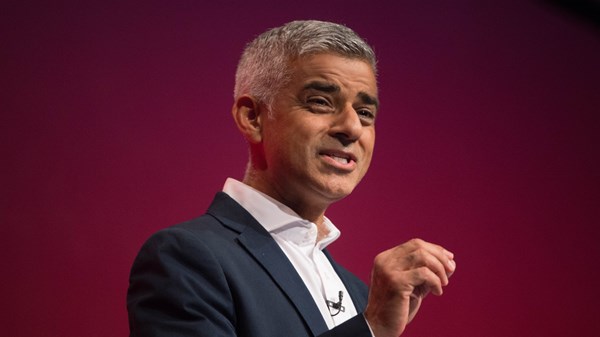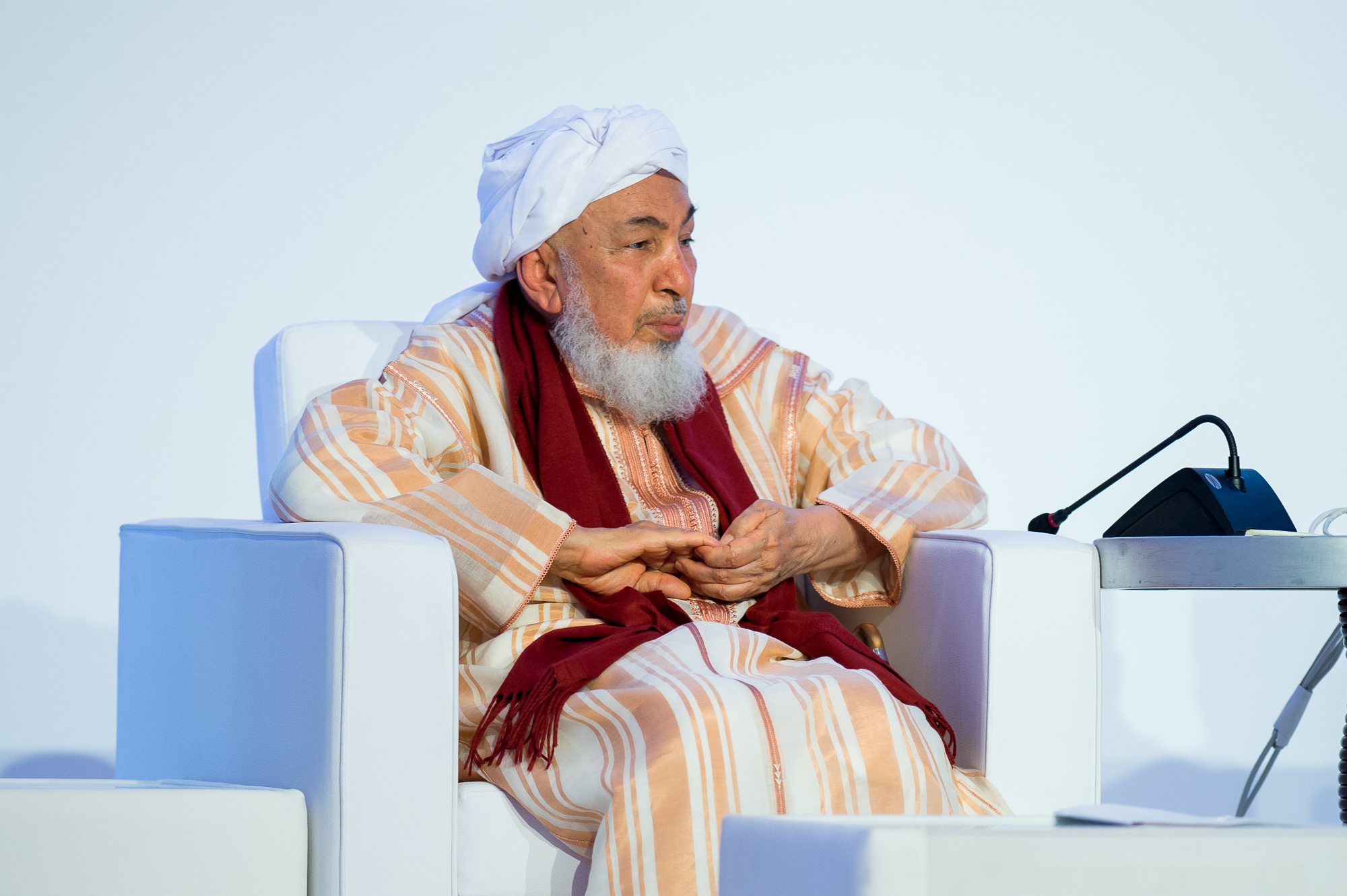
Mayor of London launches #endthehate campaign to combat hate speech
The Mayor of London, Sadiq Khan, has launched a hashtag campaign to encourage action against hate speech. He launched the #endthehate campaign through a video on his personal and mayoral Twitter feed in conjunction with his keynote address to SXSW 2018, and also called on social media companies to do more to combat it.





